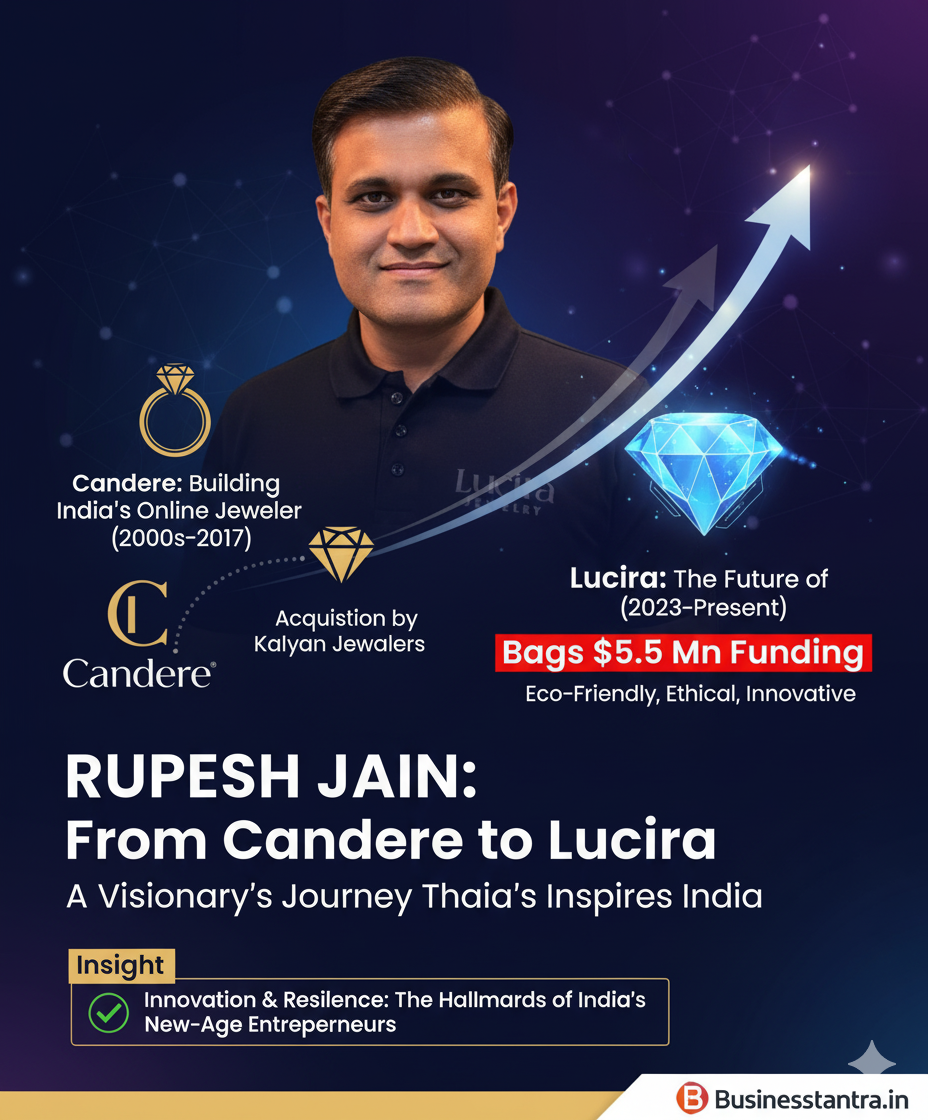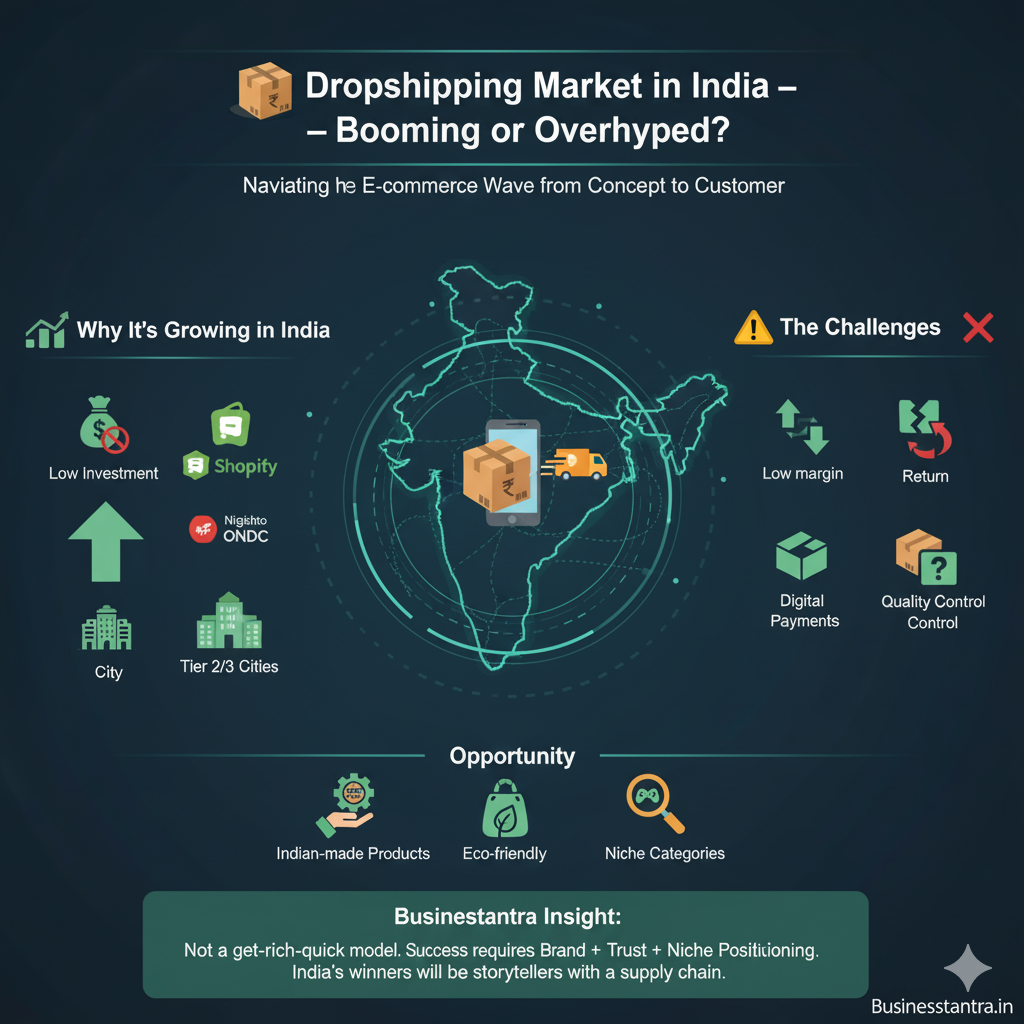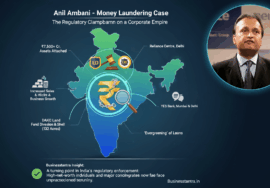In Love, With Business: Lessons From Co-Founder Couples
[ad_1]
Tiffany Chen remembers sitting on a plastic bucket turned upside down over a drain that was spewing wastewater into the kitchen of the Austin-based cookie-delivery company she had co-founded. It was 2001, torrential rain was overwhelming the city’s drainage and sewer system, and Tiffany was trying to do whatever she could to keep the flood level from reaching the electrical outlets. She and her business partner and now husband, Leon, had begun their company out of an apartment as college kids just two years earlier, and this small kitchen, in a storefront they shared with a potato restaurant called Spudnik, was their first official place of business. The two of them had been working day and night since graduation to meet the surging local demand for their service, but they hadn’t managed yet to break out of the cycle of doing almost everything themselves–including flood control.
“We were broke. We were tired. We weren’t making ends meet, yet we were still trying to make this business work,” Leon remembers. “It felt like, if things were going to fail in the normal course of business, that’s one thing–but to get hit with a sewage flood just felt like somebody out there in the universe was picking on us.” The water did eventually recede, and 21 years later the couple’s company, Tiff’s Treats, is worth half a billion dollars and operates in five states, with around 2,000 employees. Company revenue reached more than $100 million last year, and its investors include such boldface names as Andy Roddick and Brooklyn Decker (also a married couple), Dirk Nowitzki, and Kendra Scott.
The Chens look back on the 2001 flood as “a bonding moment that very few people get to experience,” as Leon puts it–one of many that the couple recount on a December afternoon at Tiff’s Treats’ headquarters, where the mansion-studded hills of West Austin unfold outside the panoramic windows of a bright conference room. As with many companies founded by couples, this one wouldn’t even exist if it weren’t for the Chens’ personal relationship. Tiff’s Treats started after Tiffany accidentally stood up Leon for a date. She then delivered an apology in the form of some cookies she’d just baked, still warm from the oven. Leon had grown up with entrepreneurial parents from Taiwan–his mom sold Christmas trees, real estate, you name it, and his dad worked in telecom–so chasing business opportunities practically ran in his blood. He smelled an opportunity in his future wife’s warm cookies.
It would begin a pattern that continues today, with Leon proposing wild ideas and Tiffany acting as a reality check. Over the years, Tiffany has learned to see the value in her partner’s willingness to blurt out brainstorms–they conceived their company on the basis of one of those moments, after all–but she and Leon both admit to many clashes that started that way too, sometimes even in front of their staff. The same sense of intimacy that allows spouses to speak and act freely, or persevere through floods together, can also lower the barrier to arguments.
For married co-founders, their partnership can be both a safe space and a minefield. Business becomes an extension of family, but that can get complicated and sometimes leaves employees negotiating between “Mom” and “Dad” to get things done. It also adds marriage risk–and we know the ugly data on that–to business risk. For successful married business partners, the very things that draw them together emotionally and intellectually tend to augment their business acumen– although granted, no couple ever spent a passionate weekend doing quarterly planning.
Indeed, the Tiff’s Treats founders are quick to clarify that their path “is not for everyone”–and they suspect a typical pair of platonic co-founders would not have stayed together if they’d endured the same pressures. “It was just too intense in the early years,” Leon says, “and it would have been easy for another kind of co-founder to say, ‘Look, this isn’t for me anymore.’ “
Put another way, the journey of married co-founders is like an extreme version of the standard co-founder journey. Research from Noam Wasserman, dean of Yeshiva University’s business school, has shown that conflict between business partners is responsible for 65 percent of all failed startups–and it’s likely that percentage is even higher for companies with married co-founders. Investors are notoriously wary of wedded founder teams too–marriage being another risk factor when weighing one potential deal against another.
And yet many couples take the plunge. According to the National Federation of Independent Business, there are some 1.2 million married business-partner teams running firms in the U.S. A great many of those are Main Street-style mom-and-pop shops, but a few bold couples also start high-growth, high-pressure companies together, the kind that find their way onto the Inc. 5000. A handful of famous examples provide perpetual inspiration: Len Bosack and Sandy Lerner of Cisco Systems. Carley Roney and David Liu of XO Group. Adi Tatarko and Alon Cohen of Houzz.
If you’re considering starting a business with your spouse, the coupled co-founders featured here offer a road map. You’ll need extraordinary levels of courage, faith, and emotional intelligence–plus a full toolkit of relationship skills. Nothing is just business with these entrepreneurs; it’s personal, too.
Getting Perspective
Just a few miles from the Tiff’s Treats office, Hayes and Jenn Davis sit in front of a towering Lego Apollo rocket and a robotic Lego excavator in their home office–the headquarters of their latest business together, Gradient Works, an enterprise software outfit that helps other companies optimize their sales processes. The Legos were family pandemic projects. So was renovating their home. And so, really, was the launch of Gradient Works. Around the start of the pandemic, the Davises were working for the global communications software firm Cision, which had acquired the company that had acquired their last startup, a social media analytics business called Union Metrics. They’d put in enough time working for a larger firm and knew it was time to move on, but the pandemic scrapped their plan to take a few months off and travel the world.
Just as well, because Hayes found himself “haunted” in those early months of 2020 by a set of challenges that kept appearing in the sales organizations of client companies. “There were these problems that I felt needed a solution, and the thought just wouldn’t let me go,” he says. “When you’re a builder–and we are both builders–at a certain point you just know it’s time again.”
The Davises first worked together in high school in Lexington, North Carolina. They were on the same Quiz Bowl team and found they had complementary sets of trivia knowledge–Hayes was strong on sports and history, Jenn on arts and culture. A relationship ensued. In college at NC State, Jenn helped with marketing as Hayes and some friends started a kind of proto-Slack company called Liquid Communication Systems, which never quite took off. By 2008, as Jenn was finishing a PhD in organizational communication–and social media was becoming mainstream–the two decided to start Union Metrics, with Hayes as CEO and Jenn as head of customer success.
“I don’t remember it as some kind of big, crazy leap that we were going to do this together,” Jenn says. “It just seemed like the logical decision.” They were in their 20s still, and they didn’t have kids; the worst-case scenario was that they’d fail and have to get jobs. They bootstrapped the company and ran it for about 10 years, establishing partnerships with Twitter, Facebook, and other tech giants, and eventually getting acquired by a larger startup called TrendKite, which was bought by Cision months later.
By the time they sold Union Metrics in 2018, the Davises were well into their 30s and had a baby. Their situation was more complicated, and so was their work, which demanded every moment they could give it and dominated their personal lives. “If you’re in a typical relationship, working separately, and you come home after a tough day, your partner might have had a great day, and that can be an opportunity to arbitrage how the day turns out,” says Hayes. “But we had the same day. If we lost a customer or whatever, we both had that day.”
Before they became parents, Hayes and Jenn cultivated one serious hobby together, distance running, to give them some kind of outlet away from work. Then their daughter became their sole nonwork outlet. This made being employees of their new parent company appealing in theory–and both swear they learned a lot from the experience. But, two years in, the prospect of starting Gradient Works was simply too obvious to ignore. They were able to raise $2 million in seed capital and avoid some of the gnarliest personal sacrifices of bootstrapping–partly because they were now proven entrepreneurs with a hard-won exit to show for it.
Being Heard
For Vlada and Michal Bortnik, founders of Palo Alto, California-based Marco Polo, a video messaging company, the constant presence of work in their lives undergirds their success. The Bortniks met in Seattle when both worked for Microsoft and both played soccer on the fields at the software giant’s campus.
Theirs was the kind of courtship that skipped the small talk and got straight to the big questions–like their purpose in life. And what they found almost from the start was that they each encouraged the other to dream bigger. It wasn’t long before they started their first venture together, a nonprofit that connected rising artists with buyers; that experience led them to realize they should go into business.
After Michal decided to leave Microsoft to pursue an MBA at Stanford in 2006, Vlada left the company too and began the hunt for a startup concept. While most founders begin with a product idea, the Bortniks turned the process on its head and first identified their purpose. Both immigrants (he from Poland and she from Ukraine), they had family members around the globe and decided to create a company that would help bring people closer together.
Marco Polo is a social network that allows people to communicate with short video messages but eschews advertising and refuses to sell user data. The company exploded in popularity at the start of the pandemic and saw nearly a million downloads in March 2020 alone–after which it began a subscription premium service. Flying in the face of the dominant social networking business model was a boldly unconventional move, but the Bortniks saw it as a natural extension of their mission–and a clear illustration of how they work together.
“What makes it fun and energizing is there’s no pretense, there’s no hiding,” says Vlada. “Michal knows me. We are so aligned on why we’re doing this and how we show up, it makes the work just an expression of who we are.” For the Marco Polo founders, erecting a paywall was ultimately a no-brainer, “because we saw it the same way,” she says. “We saw what our purpose was calling for and how our values applied.” It’s the same decision filter that has helped them avoid so-called dark-design patterns that mislead users, or algorithmic content feeds that urge people to scroll their way down rabbit holes. “There are lots of tactics we could use to increase growth,” she says, “but that’s not what we’re about.”
Similarly, Vlada says, she and Michal are able to avoid many arguments–at least work-related ones–because of their shared sense of purpose. “We often have different ideas, but it usually feels more like brainstorming than disagreement,” she says. “We have this thing about seeking alignment. Whoever’s responsible for that area where the decision needs to be made, we know that person is responsible for seeking alignment on the decision.”
It’s a perspective that underscores the importance not only of shared purpose, but of clearly defined roles as well. In fact, they’re tuned in enough to their respective strong suits that in 2018 the pair swapped roles, with Michal handing the CEO reins to Vlada and assuming the job of president himself.
We would drive each other crazy sometimes.Naomi Gonzalez
Not that their relationship is perfect. “We have way more disagreements around the house,” Vlada laughs–“like, where do all the tchotchkes go? We have no guiding purpose for what we want out of our shelves.”
For the Atlanta-based founders of Purity Coffee, Andrew and Amber Salisbury, their shared sense of purpose is also a guiding principle, but they admit there are still times when they see the world differently–Andrew through a more technocratic lens, and Amber a more mystical one. But they also offer a lesson in managing differences with your partner as you would any business problem.
The two met in London at a 2004 Tony Robbins seminar. Andrew was living in Brazil at the time, running a company he’d founded that made software for call centers. Amber was living in California and doing international sales for the Robbins empire. After Andrew chatted her up at the information table, they stayed in touch, and a year later they met in Miami for a first date, which turned into a weeklong adventure, including a trip to Mexico. A year of long-distance dating ensued. They’d meet up once a month in whatever city their busy work lives happened to take them to: Paris, New York, Dallas. Then, in 2006, they got a place together in Atlanta, which they chose for its airport.
When Amber had a health scare in 2014, the couple’s efforts to pin down the cause led them to research the health effects of her heavy coffee habit. They were surprised to learn that the science world had settled on a pro-coffee consensus. Andrew had sold his software company in 2011 and was ready for a new project, so Purity Coffee was born, with the idea of making the most good-for-you coffee the Salisburys could. Following a couple of years of R&D–as Andrew puts it, “What would happen if you created a coffee brand and based every decision on optimizing for health?”–they started selling coffee in 2016.
So far, so good. The stars aligned. But when it came to marketing the new brand, CEO Andrew and co-founder Amber had different ideas. He wanted Purity to be about the science, and she wanted Purity to be about the rituals around coffee–its “magic and love and connection.” To resolve the dispute, they turned to a method that has helped them through many tough spots in their personal and professional relationship: Imago therapy. Led by a relationship and career coach named Bob Patterson, who specializes in Imago, the Salisburys have come to rely on this famous framework for slowing down communication and making sure each party is fully heard and understood.
“It’s a very prescribed way of communicating,” Andrew explains. “If we have an issue, you speak a few sentences, and I repeat them back to you to show that you’ve been heard. I try not to add anything–no tone, nothing. I’m just repeating it back and making sure that you have fully expressed what you’re concerned about. And then it’s my turn, and you repeat it back to me. It’s amazing how much information can be shared, and how effectively, in an hour.”
Patterson now works with Purity’s entire 11-person team. The self-funded company, which landed at No. 193 on the 2021 Inc. 5000 list, settled on Andrew’s more science-based approach to brand messaging. Even better, the marketing conflict yielded a line extension, Sacred Cups, based on Amber’s thesis about coffee rituals. “It’s going to be Purity’s groovy little sister,” she says.
Knowing Your Limits
Fran Dunaway and Naomi Gonzalez, the couple behind TomboyX, a Seattle-based maker of gender-neutral undergarments, never really planned to build the kind of company that would make the Inc. 5000. Fran, who was working for a media strategy firm in 2012, really wanted a button-up shirt that fit her properly, and Naomi encouraged her to start a company to make one herself. A successful Kickstarter campaign later, the couple had developed an instant community around an unmet market need, and their customers quickly started asking for more products–boxer briefs especially. As soon as they pivoted the company to underwear, sales spiked.
“We made a conscious decision not to be a mom-and-mom shop and to let this be as big and as important as it could be,” Fran remembers. “We were ahead of the Zeitgeist in a lot of the things that this brand represents, but I don’t take personal credit for that. I take credit for listening and giving our customers what they craved.”
That strategy worked so well, the company debuted at No. 231 on the 2018 Inc. 5000 list and has stayed on ever since–all without either co-founder ever having worked in e-commerce. It was a feat that required everything the pair could muster. They didn’t pay themselves for the first three and a half years and worked side gigs to keep the lights on at home. “I used to joke that I had two jobs back then,” Fran says. “One was to make sure we never ran out of money, and the other was not to F it up. Naomi did everything else.” That put Fran in the CEO role, dealing more with strategy and fundraising, and Naomi in the COO role, handling what she calls “the nuts and bolts” of the business.
Let’s just say they were perfectly unsuited to run a business together, but negotiated a path to success. “We would drive each other crazy sometimes,” Naomi recalls, “because Fran couldn’t get into the details and I couldn’t get into the big picture. So we very early on realized, ‘OK, we’re not speaking the same language, but here’s what we can do: We can stay in our own lanes. I promise not to get in the middle of what you’re doing, but when I need help or another perspective, I’ll call you.’ “
By 2019, with the brand gaining recognition and the wider culture catching up with it, Fran and Naomi started to see the limits of their ability to lead the company they’d started. “As a COO, I had progressed as far as I wanted to,” Naomi says. “For me, the fun part is really setting up a business from nothing and getting all the pieces in place. But that part where it’s functioning at 80 percent and you take it to 100 and precisely home in on things just bores me to pieces. I was not the best person to continue doing that, and I knew it. I would have held the business back from continuing to grow this really thriving, wonderful community.”
Businesses can outgrow their founders, but few founders want to give up the wheel under those conditions. Naomi and Fran credit the frankness of their communication style for making it possible to reach that conclusion. They address issues head-on and avoid holding grudges. “We can get hot one second and the next it’s ‘Pass the salt’ or ‘Isn’t that dog cute,’ and we move on,” says Fran. Naomi initially resisted the suggestion that she step aside, but after doing so and reflecting, she decided it was the right move.
If you enjoy what you’re doing, you’re living, not working.Kim Lewis
Reaching that alignment allowed them to take six months in 2020 to find the perfect replacement as COO–Leslie Garrard, a former REI and Starbucks executive–and that, in turn, led Fran to realize she had also reached her limit. A year after Naomi stepped aside, Fran did too, and Garrard assumed the CEO role.
For Fran and Naomi–both of whom continue with the company they created in more limited roles–their staggered exits only highlighted how deeply intertwined their lives had become with their work. And that wasn’t necessarily the way they wanted to live. “It wasn’t until I stepped down as CEO that Naomi was able to relax,” Fran says. “As long as she still had me as the conduit to the company, the pressure of being a co-founder was there.”
In many ways, the story of TomboyX parallels that of Kim and Tim Lewis, CEO and CTO of Chicago-based CurlMix. The co-founders of the curly-hair-products company met in high school. He was toast the minute he first saw her, but it took him several weeks to muster the courage to talk to her at her locker. When she eventually gave him her phone number, he decided to play it cool and not call for a few days. But he almost lost his chance–and learned an important lesson about seizing opportunities. After some serious groveling, Tim got back into Kim’s good graces, and he’s made sure they’ve been inseparable ever since, all the way through college and on to their careers as startup founders.
Their first shot at creating a company, while holding down side jobs after college, was a social networking site based on natural hair care–an idea Kim had developed in her senior entrepreneurship class. The site didn’t quite take off, and neither did their follow-up idea, a hair care subscription box. But Kim felt certain that her frustration with the lack of ready-made natural products geared for her type of hair signaled a big opportunity, even if she hadn’t found the right product yet.
It wasn’t until the couple pivoted to selling flaxseed gel, in late 2017, that they unlocked the passionate community Kim had suspected existed around natural hair all along. An equity crowdfunding campaign on Wefunder in 2019 validated the concept when it raised more than $4 million–and a lot of attention.
The runaway growth that followed also led the couple, who have two young children, to quickly realize that something had to give. The Lewises practically burst with exuberance when talking about their work–“If you enjoy what you’re doing, you’re living, not working,” says Kim–and they’d spend every waking moment on it if they could. CurlMix staffers sometimes struggle to accept that always-on mentality, Kim says, but she finds that it generally works to establish an entrepreneurial culture in the company, No. 93 on the 2021 Inc. 5000 list.
At home, however, the kids are a different story. “There will always be more work,” Kim says. “There’s always something you could be doing. And if you use that excuse to not spend time with the people you love, you’ll look up one day and you’ll have won every accolade but have no one around cheering you on.” Sometimes, she says, she and Tim manage to blend work and family by, say, discussing the future of the company while making Saturday-morning French toast with the kids. But other times, they have learned, they simply must shut down the office part of their brains. “I’ve realized that, at the end of the day, the pinnacle of life is eating Popsicles with my children and my husband in our backyard on a hot day,” Kim says. “Nothing feels better than that.”
From the March/April 2022 issue of Inc. Magazine
[ad_2]
Source link










